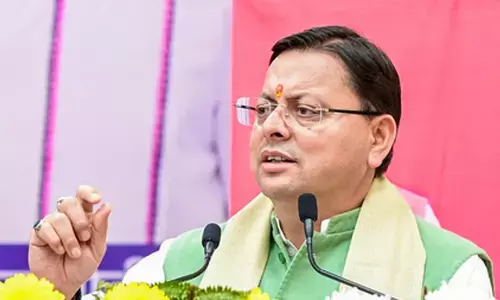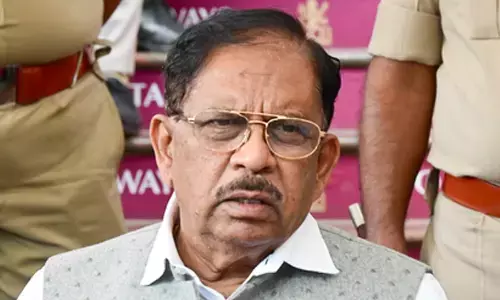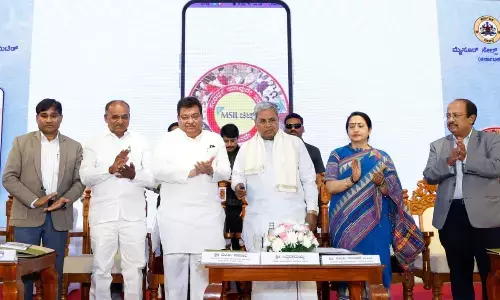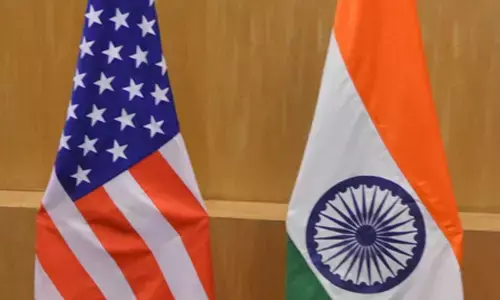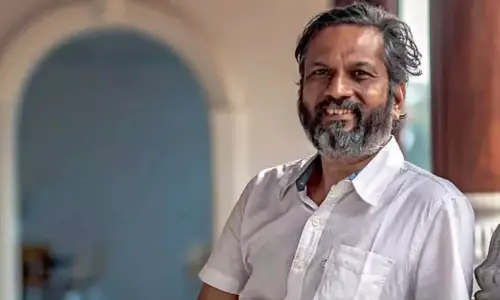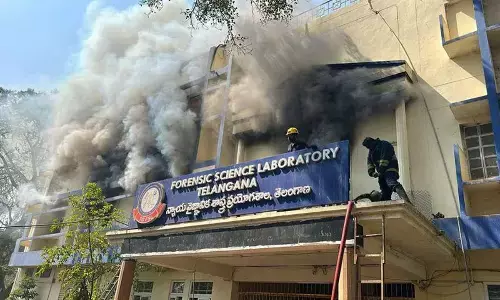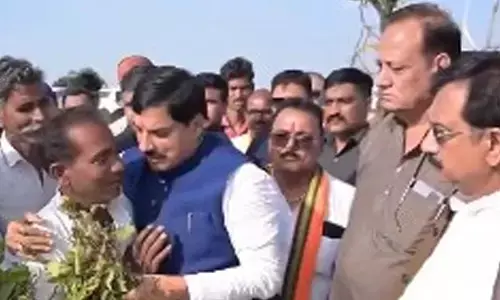Role of the press in freedom struggle

James Augustus Hickey is considered the father of Indian press. He started the Bengal Gazette in the year 1780. But it was seized in the year 1872 as it was critical of the British Government. With the increasing number of newspapers, the government became accountable. Therefore, it brought into action several acts in order to suppress the press.
The following acts were formulated by the British Government to curb press:
- Censorship of Press Act, 1799
- Licensing Regulations, 1823
- Press Act of 1835 or Metcalfe
- Licensing Act, 1857
- Registration Act, 1867
- Vernacular Press Act, 1878
- Newspaper (Incitement to Offences) Act, 1908
- Indian Press Act, 1910
James Augustus Hickey is considered the father of Indian press. He started the Bengal Gazette in the year 1780. But it was seized in the year 1872 as it was critical of the British Government. With the increasing number of newspapers, the government became accountable. Therefore, it brought into action several acts in order to suppress the press.
Freedom of the press was of utmost importance as it was a powerful tool to propagate political ideas. In 1824, Raja Rammohan Roy had protested against a resolution restricting the freedom of the press. The early phase of the nationalist movement, from around 1870 to 1918, focussed more on political propaganda and education, formation and propagation of nationalist ideology, training, mobilisation and consolidation of public opinion.

Many newspapers emerged during these years under distinguished and fearless journalists. These included The Hindu and Swadesamitran under G. SubramaniyaAiyar, The Bengalee under Surendranath Banerjee, Voice of India under DadabhaiNaoroji, Amrita Bazar Patrika under Sisir Kumar Ghosh and Motilal Ghosh, Indian Mirror under N.N. Sen, Kesari (in Marathi) and Maharatta (in English) under BalgangadharTilak, Sudharak under Gopal Krishna Gokhale, and Hindustan and Advocate under G.P. Verma.
The main aim of these newspapers was not to make profit but to serve the public. In fact, these newspapers had a wide reach and they stimulated the popular library movement. The impact of this movement was not limited to cities and towns; these newspapers also reached remote villages, where each news item and editorial would be read and discussed thoroughly in local libraries. Thus libraries enabled not only political education but also political participation.
In these newspapers, government acts and policies were put to thorough scrutiny. They acted as an institution of opposition to the Government. The Government on its part had enacted many strident laws to curb the newspapers, such as Section 124 A of the Indian Penal Code which said that anyone trying to cause disaffection against the British Government in India was to be transported for life or imprisoned for any term.
But journalists evolved clever strategies to subvert these legal hurdles. For instance, pieces critiquing the Government were prefaced with sentiments of loyalty to the very Government or critical writings of socialists or Irish nationalists from newspapers in England would be quoted. This was a difficult task which required an intelligent mix of simplicity with subtlety.
The Indian newspapers became highly critical of Lord Lytton’s administration, especially regarding its inhuman treatment to victims of the famine of 1876-77. The Government struck back with the Vernacular Press Act of 1878. The Vernacular Press Act (VPA) was formulated to ‘better control’ the vernacular press and effectively repress seditious writing.
In 1883, Surendranath Banerjee became the first Indian journalist to be imprisoned. In an angry editorial in The Bengalee, Banerjee criticised a judge of the Calcutta High Court for being insensitive to the religious sentiments of Bengalis in one of his judgements. BalgangadharTilak was most frequently associated with the nationalist fight for the freedom of press.
Tilak encouraged anti-imperialist sentiments among the public through Ganapati festivals (started in 1893), Shivaji festivals (started in 1896) and through newspapers Kesari and Maharatta. He was among the first to advocate the inclusion of the lower middle classes, peasants, artisans and workers into the Congress. In 1896, he organised an all Maharashtra campaign to boycott foreign clothing in opposition to the imposition of excise duty on cotton. In 1896-97, he initiated a no-tax campaign in Maharashtra, urging farmers to withhold the payment of revenue if their crop failed.
In 1897, plague had hit Poona and although Tilak supported government measures to arrestthe plague, there was large-scale resentment against heartless and harsh methods of the British Government such as segregation and house searches. The popular unrest resulted in the murder of the chairman Charles Walter Rand of The Plague Committee in Poona by the Chapekar brothers. The government policies on tariff, currency and famine were also behind this popular resentment.
The Government had been looking for an opportunity to check this militant trend and hostility in the press. Tilak was arrested after the murder of Rand on the basis of the publication of a poem, ‘Shivaji’s Utterances’, in Kesari, and of a speech which Tilak had delivered at the Shivaji festival, justifying Afzal Khan’s murder by Shivaji.
Tilak’s defence of Shivaji’s killing of Afzal Khan was portrayed by the prosecution as an incitement to kill British officials. Tilak was held guilty and awarded rigorous imprisonment of eighteen months. Simultaneously several other editors in the Bombay Presidency were tried and given similar harsh sentences. There were widespread protests against these measures. Tilak became a national hero and was given the title of “Lokmanya’, a new leader who walked his talk.
In 1898, the Government amended Section 124A and added Section 153A which made it a criminal offence for anyone to bring into contempt the Government of India or to create hatred among different classes vis-a-vis the English in India. This also led to nation-wide protests. Due to the Swadeshi and the boycott movements and also the rise of militant nationalist trends, several repressive laws were passed. During the first and second world wars, not only freedom of speech but also political and human rights were strictly restricted.








